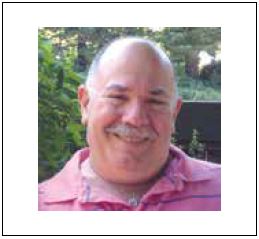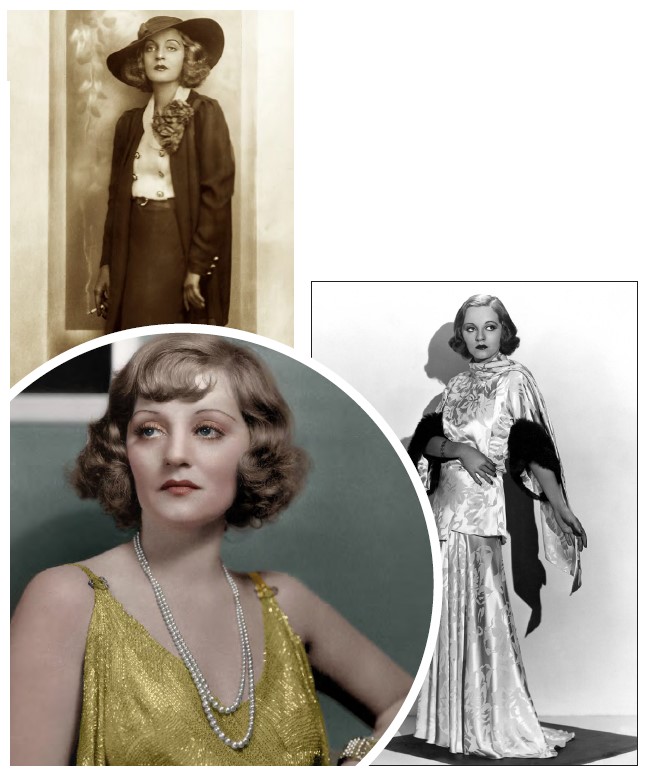
By Dr. Bill Lipsky–
Leave this article immediately. Surrender your ruby slippers and put your Ken doll back in the closet. One of the greatest and most famous actors of her time, Tallulah Bankhead (1902–1968) also was the most scandalous. She was outrageous, outspoken, and gloriously uninhibited. Laurence Olivier claimed that she “had more glamour than almost anybody alive.” Among Gaydom’s Magnificent Seven, she surely ranks second only to Bette Davis, who ranks second only to Judy Garland. Judy, of course, ranks second to no one.
There was only one Tallulah, astonishingly open about her behavior and herself when celebrities tried desperately to hide their truth. Described as “Humphrey Bogart in silk panties” and the “most thoroughgoing libertine and free-swinging flapper of the age,” she claimed having more than 500 affairs during her life. She was very much aware of her reputation, too, once admitting, “I’m as pure as the driven slush.” Not that she minded. “Say anything about me, darling, as long as it isn’t boring.”

She knew she was a great beauty, a fine actor, and a star. When she appeared in Shakespeare’s Anthony and Cleopatra, she insisted that she die alone in the last act, without the handmaidens who always perish with the queen, “Because, of course, darling, we only want one death in that scene!” Critics were not kind. One called her “more a serpent of the Swanee than of the Nile.” Another famously wrote that she “barged down the Nile last night as Cleopatra—and sank.”
An equal opportunity enjoyer, Tallulah freely admitted she adored both women and men. According to the actor Patsy Kelly, “Tallu had more girlfriends than Errol Flynn,” and her first apparently was the celebrated actress Eva Le Gallienne. “My father warned me about men and alcohol,” she explained, “but never said anything about women and cocaine.” Neither devotion was a scandal for her. “Cocaine isn’t habit forming,” she claimed. “I should know. I’ve been using it for years.”
Was it someone with a mischievous sense of humor or a message who titled her first three films, all made in 1931, Tarnished Lady, My Sin, and The Cheat? Either way, nothing stopped her candid, often discomforting, comments. After appearing in Devil and the Deep (1932), she claimed, “Darling, the main reason I accepted [the part] was to @#$% that divine Gary Cooper!” Later she said, “Garbo, Crawford, Harlow, and Cary Grant were Hollywood’s most desirable women,” which certainly did not make the deeply closeted Grant happy.

Others took her remarks in stride. When she asked the producer Irving Thalberg, “How do you get laid in this dreadful place?” Thalberg retorted, “I’m sure you’ll have no problem. Ask anyone.” Meeting Joan Crawford, she told her, “Darling, you’re divine. I’ve had an affair with your husband [Douglas Fairbanks, Jr.]. You’ll be next.” Joan never lost her poise. “I’m so sorry, Miss Bankhead,” she replied simply, “but I just love men.”
Shocking statements, flamboyant behavior, and what many considered to be an unorthodox, promiscuous sexuality became her trademarks. There was much more to her, however. Born into an aristocratic, politically powerful Alabama family, Bankhead publicly—and courageously—campaigned to stop lynching, condemn the barbarity of the Southern sharecropping system, and end racism in the performing arts. Beginning in 1940 with The Little Foxes, her greatest theatrical triumph, she determined to appear only with integrated casts on stage and screen.
She especially encouraged the efforts to desegregate the National Theater in Washington, D. C., where Blacks could be seen on the stage but not in the audience. “It is not only a national disgrace,” she told reporters in 1946, “but an international scandal that our great country’s capital should make a laughing stock of our Constitution and Bill of Rights by discriminating against any human being.” The National became an integrated theater in 1952.
By the time she appeared on Broadway in The Skin of Our Teeth in 1942, Tallulah, never shy about anything, had forsaken underwear. Some theatergoers complained that she was revealing more of herself than her portrayal required, so back on they went, but not for long. On the set of Lifeboat in 1944, her finest film, she again did without. Again, people groused, this time to the director, Alfred Hitchcock. Sorry, he said, not my responsibility. Whose was it? Either the makeup or the hairdressing department, he replied.
Tallulah met Tennessee Williams in 1940, when he asked her to play Myra Torrance, a part he had written for her, in his Battle of the Angels. “The play is impossible,” she said, declining the role, “but sit down and have a drink with me.” She never altered her opinion. Twenty years later, when she saw the film The Fugitive Kind, based on his revision of the play, she comforted him by saying, “Tenny, darling, how awful for you. They’ve absolutely ruined your perfectly dreadful play.”
Bankhead and Williams developed a deep, abiding friendship with numerous interests in common, including the theater, the same church, liquor, and barbiturates. “Tallulah,” he told her, “you and I are the only two consistently high High Episcopalians I know.” Her last stage appearance was in the 1964 Broadway revival of his The Milk Train Doesn’t Stop Here Anymore. The production lasted only five days, but achieved immortality when someone asked her about her co-star Tab Hunter’s sexuality. “Well, I don’t know, darling,” she replied. “He’s never sucked my %$#@.”
Was she a great actor? Because live performance is the most ephemeral of all the arts and because styles and tastes change, we and future generations may never know. All who saw her, however, agreed that she was a great presence, a true and unique personality. Whether they found her to be endearing or overwhelming, exciting or exhausting, she was her own self—her last words were, “Codeine. Bourbon.” She will remain a theatrical legend and a gay icon for decades to come.
Bill Lipsky, Ph.D., author of “Gay and Lesbian San Francisco” (2006), is a member of the Rainbow Honor Walk board of directors.
Published on May 6, 2021
Recent Comments